George Frideric Handel
Story
Georg Frederic Handel was born at Halle in Saxony. At the age of seven he was a skillful performer on the harpsichord and organ, and at nine he began to compose music. In 1702, in obedience to his father’s wishes, he began the study of law at the University of Halle, but the following year he abandoned law for music and accepted a position as violinist in the orchestra of the opera-house at Hamburg. Here his first two operas, Almira and Nero, were produced early in 1705. Two other early operas, Daphne and Florindo, were produced at Hamburg in 1708. During the years 1707-1709 Handel traveled and studied in Italy. His Rodrigo was produced at Florence in 1707, and his Agrippina at Venice in 1708. Two oratorios, La Resurrezione and Il Trionfo del Tempo, were produced at Rome in 1709 and 1710, respectively. In 1710 Handel became Kapellmeister to George, elector of Hanover, afterward George I of Great Britain. He visited London in 1710 and settled there permanently in 1712, receiving a yearly income of £200 from Queen Anne. In 1927 Handel’s opera Scipio (Scipione) was performed for the first time, the march from which remains the regimental slow march of the British Grenadier Guards.
In 1727 Handel was commissioned to write four anthems for the coronation ceremony of King George II. One of these, Zadok the Priest, has been played at every coronation ceremony since. Handel was director of the Royal Academy of Music 1720-1728, and a partner of J. J. Heidegger in the management of the King’s Theatre 1729-1734. Handel also had a long association with the Royal Opera House at Covent Garden, where many of his Italian operas were premiered. Handel gave up operatic management entirely in 1740, after he had lost a fortune in the business. In 1751 he became blind, and died in London. He was buried in Westminster Abbey.
Handel’s compositions include some fifty operas, twenty-three oratorios, and a large amount of church music, not to speak of his superb instrumental pieces, such as the organ concerti, the Opus 6 Concerti Grossi, the Water Music, and the Fireworks Music.
After his death, Handel’s Italian operas fell into obscurity, save the odd fragment, such as the ubiquitous aria from Serse, ‘Ombra mai fù’; his reputation throughout the 19th century and first half of the 20th century, particularly in the anglophone countries, rested primarily on his English oratorios, which were customarily performed by enormous choruses of amateur singers on solemn occasions. These include Esther (1720); Saul (1739); Israel in Egypt (1739); Messiah (1742); Samson (1743); Judas Maccabaeus (1747); and Jephthah (1752). Since the 1960s, with the revival of interest in baroque music and original instrument playing styles, interest has revived in Handel’s Italian operas, and many have been recorded and performed onstage. Of the fifty he wrote between 1705 and 1738, Alcina (1735), Ariodante (1735), Orlando (1733), Rinaldo (1711,1731), Rodelinda (1725), and Serse (also known as Xerxes) (1738) stand out and are now performed regularly in opera houses and concert halls. Arguably the finest, however, is Giulio Cesare (1724) which, thanks to its superb orchestral and vocal writing, has entered the mainstream opera repertoire. Also revived in recent years are a number of secular cantatas and what one might call secular oratorios or concert operas, Of the former, Ode for St, Cecilia’s Day (1739) (set to texts of John Dryden) and Ode for the Birthday of Queen Anne (1713) are particularly noteworthy. For his secular oratorios, Handel turned to classical mythology for subjects, producing such works as Acis and Galatea (1719) Hercules (1745), and Semele (1744). In terms of musical style, particularly in the vocal writing for the English-language texts, these works have close kinship with the above-mentioned sacred oratorios, but they also share something of the lyrical and dramatic qualities of Handel’s Italian operas. As such, they are sometimes performed onstage by small chamber ensembles. With the rediscovery of his theatrical works, Handel, in addition to his renown as instrumentalist, orchestral writer, and melodist, is now perceived as being one of opera’s great musical dramatists. Handel adopted the spelling ‘George Frideric Handel’ on his naturalization as a British citizen. His name is spelled ‘Händel’ in Germany and ‘Haendel’ in France, which causes no small grief to cataloguers everywhere. There was another composer with a similar name, Handl, who was a Slovenian (without umlaut; so not Händel). He was usually known as Jacobus Gallus. Handel’s works were edited by S. Arnold (40 vols., London, 1786), and by F. Chrysander, for the German Händel-Gesellschaft (100 vols., Leipzig, 1859-1894). Handel lived at 25 Brook Street, London from 1723 until his death in 1759. It was here that he composed Messiah , Zadok the Priest, and Fireworks Music. In 2000 the upper storeys of 25 Brook Street were leased to the Handel House Trust, and, after an extensive restoration programme, the Handel House Museum opened to the public on 8 November 2001.
Details
- Composer
- George Frideric Handel
- Date of birth
- 23 februari 1685
- Nationality
- German
- Albums
- 17
- Tracks
- 788
17 albums
-
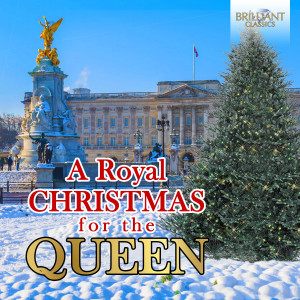
George Frideric Handel, Richard Wagner and 15 others
A Royal Christmas for the Queen
-
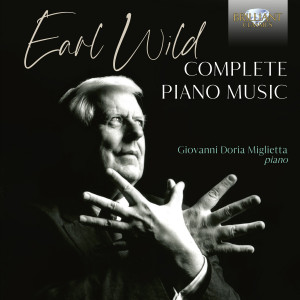
George Frideric Handel, Camille Saint-Saëns and 10 others
Earl Wild: Complete Piano Music
-
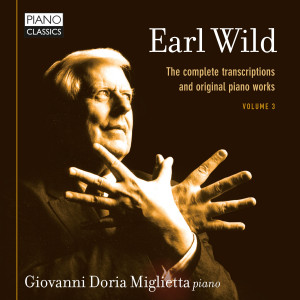
George Frideric Handel, Camille Saint-Saëns and 5 others
Earl Wild: The Complete Transcriptions and Original Piano Works, Vol. 3
-
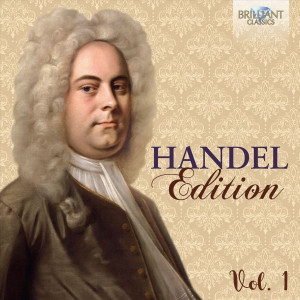
George Frideric Handel
Handel Edition, Vol. 1
-
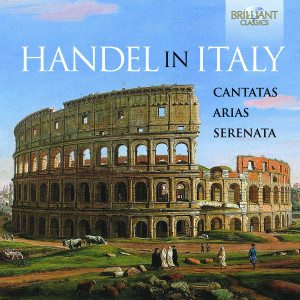
George Frideric Handel
Handel in Italy: Cantatas, Arias, Serenata
-
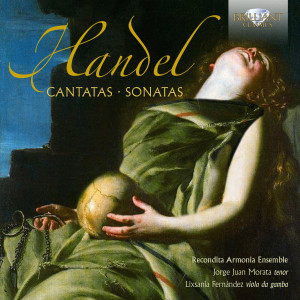
George Frideric Handel
Handel: Cantatas & Sonatas
-
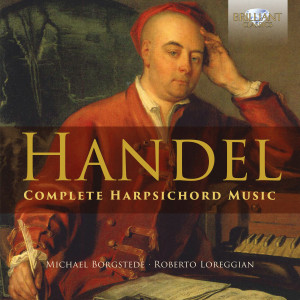
George Frideric Handel
Handel: Complete Harpsichord Music
-
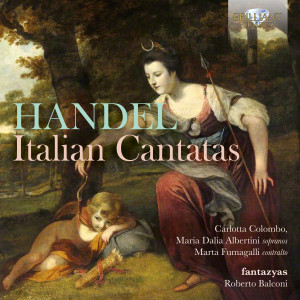
George Frideric Handel
Handel: Italian Cantatas
-
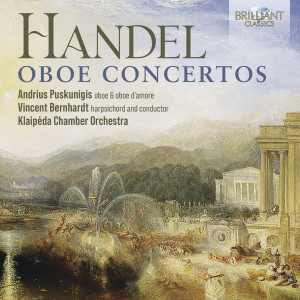
George Frideric Handel
Handel: Oboe Concertos
-
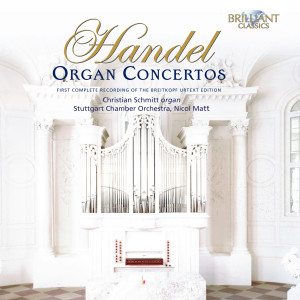
George Frideric Handel
Handel: Organ Concertos
-
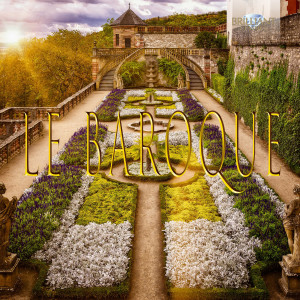
George Frideric Handel, Nicola Porpora and 10 others
Le Baroque
-
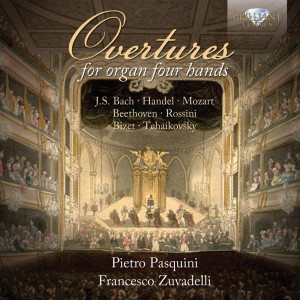
George Frideric Handel, Georges Bizet and 5 others
Overtures for Organ Four Hands
-
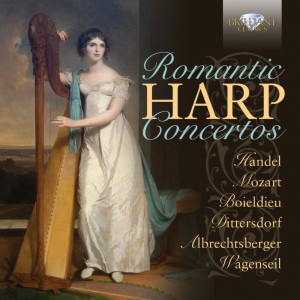
George Frideric Handel, Wolfgang Amadeus Mozart and 4 others
Romantic Harp Concertos
-
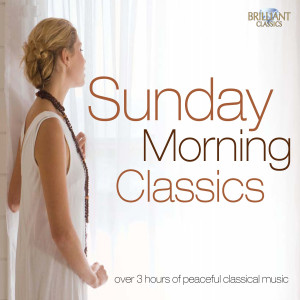
George Frideric Handel, Richard Wagner and 15 others
Sunday Morning Classics
-
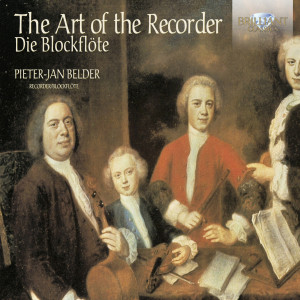
George Frideric Handel, Johann Sebastian Bach and 12 others
The Art of the Recorder
-
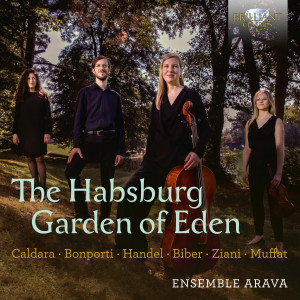
George Frideric Handel, Georg Muffat and 4 others
The Habsburg Garden of Eden, Music by Caldara, Bonporti, Handel, Biber, Ziani,Muffat
-
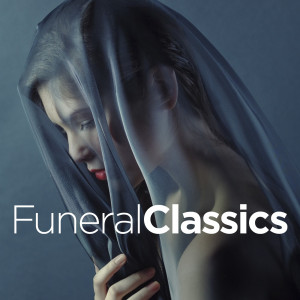
George Frideric Handel, Maurice Ravel and 21 others
Top 30 Funeral Classics
